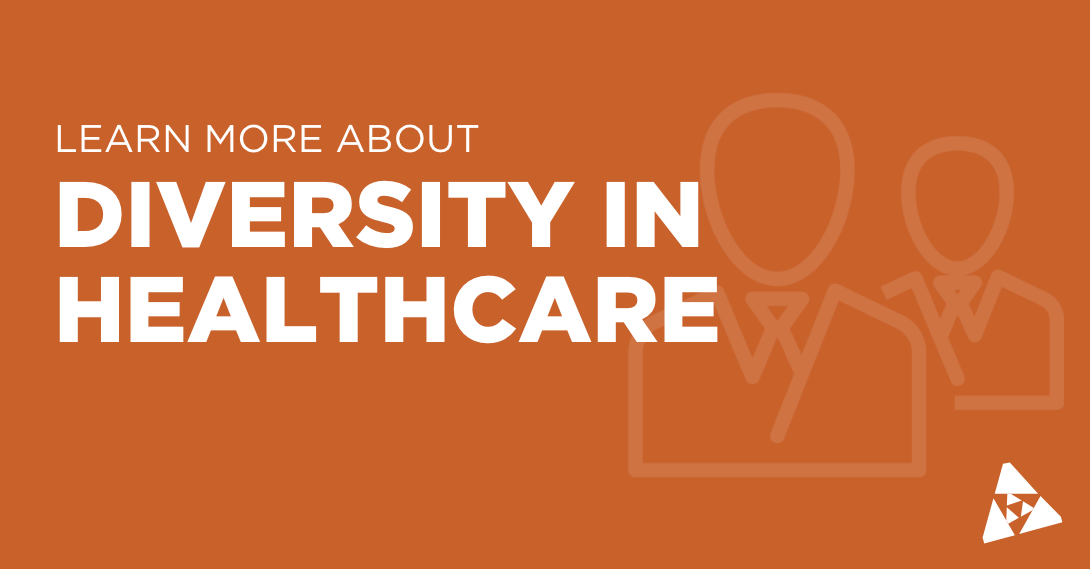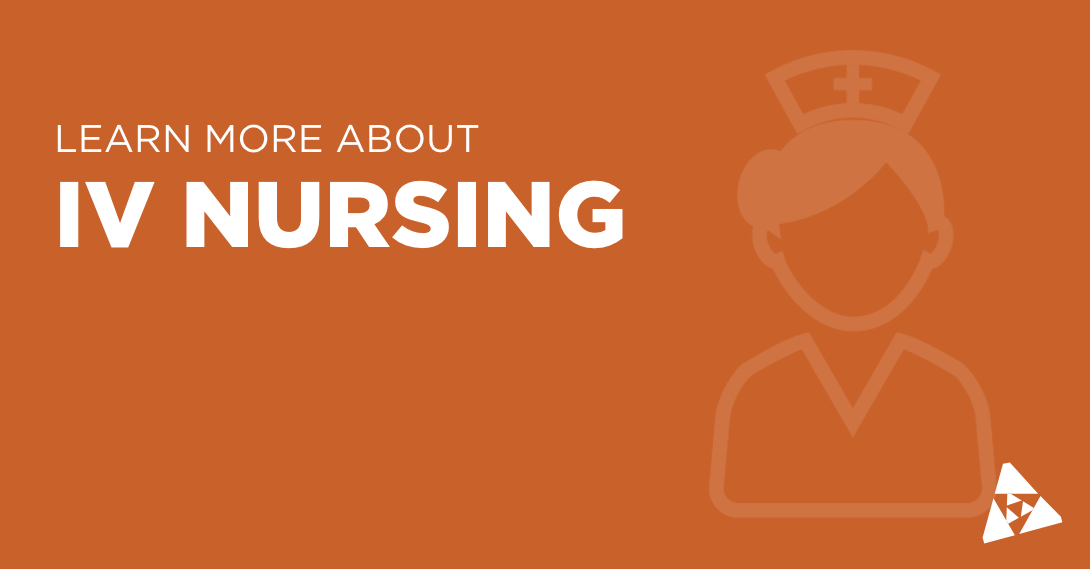Hemophilia is a disorder that affects your blood’s ability to clot. Read the full article to learn the challenges and solutions available to bleeding disorder patients and their families.

On January 17, 2022, we celebrate the life, message and legacy of Rev. Dr. Martin Luther King, Jr. As a federal holiday, it can be easy to see the occasion as rote – a welcome break from work or school and little more. But doing so would be a disservice to the struggle for civil rights that Dr. King and other black, indigenous and people of color have fought.
In many ways, the struggle for diversity, inclusion and equal protection under the law continues. The Civil Rights Acts of 1957, 1960, 1964 and 1968, not to mention several amendments to the U.S. Constitution, have gone a long way to reverse the racial injustices in this country. Tragically, however, it is impossible to escape from 400 years of slavery, segregation, disenfranchisement and Jim Crow laws without lasting consequences that we can still work to correct. That work is not easy. We have to acknowledge our country’s past and present wrongs, understand the lasting psychological effects these crimes have imposed on entire generations of people of color, and then empower and embolden marginalized voices so we can hear and understand their experiences.
The field of healthcare is no exception to the consequences of racist systems and a history of racist laws. According to a recent aggregate study by the U.S. Center for Disease Control (CDC) using data from local and state governments, racial minorities were multiple times more likely to contract, be hospitalized for and die from COVID-19. This difference, of course, has nothing to do with genetic differences. Instead, it points to a healthcare system that has long avoided prioritizing care for communities and populations of racial minorities. The material consequences of a healthcare system that lacks diversity are real and are costing us human lives. This disparity is hardly limited to COVID-19, as CDC studies of race and most major diseases show similar gaps.
Why, then, is diversity in healthcare something that needs to be addressed? The most straightforward answer is that representation is vital to righting the wrongs of our past and present and encouraging empathy. Unfortunately, professions in the healthcare world are still overwhelmingly white. According to a 2017 study by the U.S. Department of Health and Human Services, Black, Hispanic, Asian and Indigenous Americans are underrepresented in all or nearly all healthcare occupations.
On the contrary, research into diversity in the workplace (like this study by McKinsey and Company) has suggested that gender- and ethnically diverse companies are substantially more likely to outperform less diverse companies. We have no reason to believe that the same principle wouldn’t apply to healthcare companies.
Workplaces that value diversity of all kinds create an environment where more people feel welcome, customers and employees alike. Diversity also provides better conditions for employees to stretch and learn and grow. Regular exposure to people of other genders, ethnicities, religious preferences and orientations encourages empathy and a willingness to see things from someone else’s perspective. When you live around, work with and socially interact with people from a background much like your own, you never really have to consider how words or actions might impact people with different experiences. Diversity in the workplace, healthcare workplaces included, encourages people to be empathetic – to understand that not everyone shares their perspective on the world and that different perspectives should be heard and valued, not seen as opportunities to prove someone wrong.
Ethics and law bind a healthcare provider to provide high-quality care to anyone, regardless of social dividing lines. Crucial to properly caring for people from various cultures and ethnic backgrounds is understanding those people’s unique healthcare needs.
Having a diverse workforce of healthcare professionals provides patients with a safe place to express their cultural identity – a safe place where they feel seen and understood, and where their healthcare provider will listen to their concerns. Many of us are used to the social reality of “code-switching” (altering our language or behavior to better fit a particular socio-cultural context), but the last place this should be necessary is at the doctor’s office. Or at the dentist. Or at your infusion center. That doesn’t mean every face a patient sees should look like them, but ideally, a patient should feel represented and welcome just as they are.
According to research by the Association of American Medical Colleges in the U.S., 56% of all practicing physicians are white. Just under 20% of physicians are Asian of any kind. Black, Hispanic and Indigenous American physicians comprise a meager 5%, 5.8% and 0.3%, respectively. We have a lot of work to do towards diversifying the healthcare field. Many of the steps we need to take have complicated root causes. College admissions, hiring discrimination, public education funding and segregation and more are all affected by the legacy of racism in this country. We know diversity in healthcare is essential, and we understand why. How we can honor the Rev. Dr. King’s legacy and make it happen is more complicated and will take a concerted political and social effort.
Our patients need us to welcome them. Our patients need us to meet them exactly where they are and as precisely who they are. Our patients need to feel safe and valued by their healthcare providers. The task is up to us. As a healthcare provider, what will you do differently after reading this article?
 What is hemophilia?
What is hemophilia?
Hemophilia is a disorder that affects your blood’s ability to clot. Read the full article to learn the challenges and solutions available to bleeding disorder patients and their families.
 IV Nursing: Combining Compassion and Healthcare
IV Nursing: Combining Compassion and Healthcare
At the very heart of what we do at Paragon are our incredible team of infusion nurses. We are honored to celebrate them this year for National IV Nurses Day.
 Diversity in Healthcare
Diversity in Healthcare
Read our new blog to learn more about the importance of diversity in healthcare.